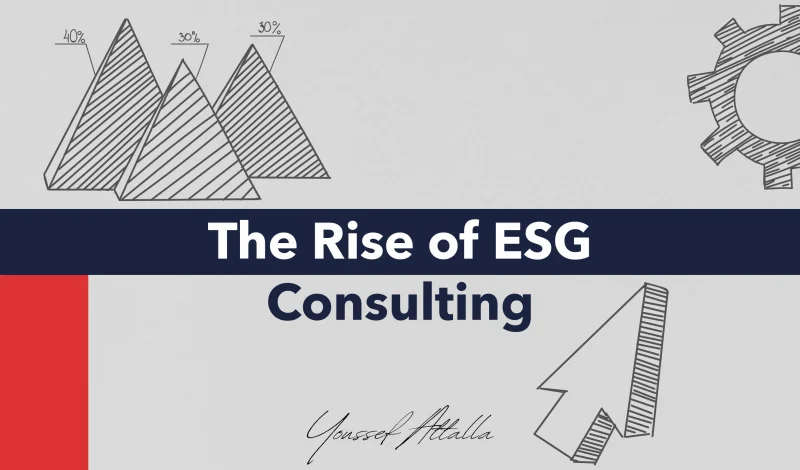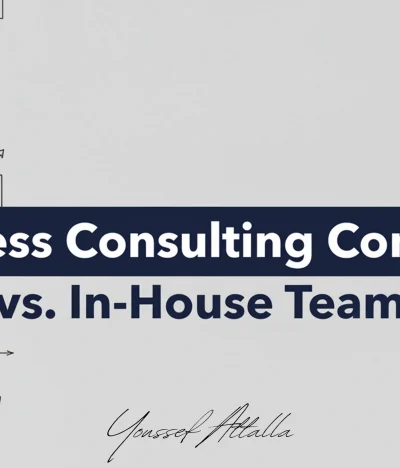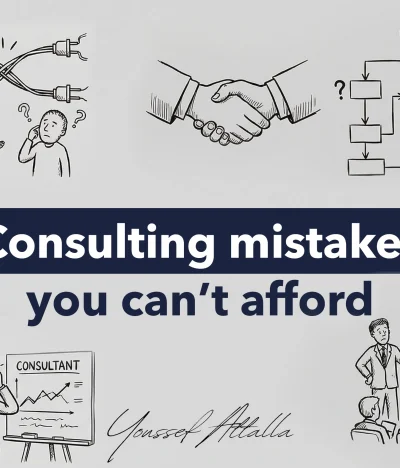In today’s fast-changing business environment, ESG Consulting has moved from being a “nice-to-have” to a strategic necessity. Companies are under increasing pressure from stakeholders, regulators, and consumers to operate responsibly while still maintaining profitability.
This is where professional consulting services play a pivotal role, helping businesses align with environmental, social, and governance standards while driving long-term success.
This article explores the essentials of ESG, its growing importance, and how businesses can leverage expert guidance to stay ahead.
What does ESG stand for?
Before diving deeper into ESG Consulting, it’s essential to understand what ESG represents. ESG stands for:
- Environmental: How a company manages its impact on the planet, including carbon emissions, waste management, and renewable energy initiatives.
- Social: The way a business treats its employees, customers, and communities, focusing on diversity, equity, inclusion, and workplace conditions.
- Governance: The system of practices, policies, and structures that guide business ethics, transparency, accountability, and decision-making.
When businesses consider ESG, they are not just looking at compliance; they are also positioning themselves for competitive advantage in the marketplace.
What is ESG Consulting?
ESG Consulting is a specialized branch of consulting services that helps businesses integrate ESG principles into their strategy, operations, and reporting. Instead of treating ESG as a checkbox, consultants work with leadership teams to align corporate goals with global sustainability standards.
An ESG consultant typically:
- Evaluates current business practices against ESG benchmarks.
- Identifies risks related to sustainability and compliance.
- Develops a roadmap for long-term improvement.
- Ensures companies meet regulatory and investor expectations.
In short, ESG Consulting bridges the gap between compliance obligations and meaningful business transformation.
What are the 4 pillars of ESG?
The success of ESG integration lies in focusing on its four major pillars. These provide the framework for effective ESG Consulting:
1. Environmental Responsibility
Reducing carbon emissions, waste, and reliance on non-renewable resources while investing in renewable energy and eco-friendly innovations.
2. Social Equity
Ensuring employee well-being, diversity, fair wages, and ethical supply chains, while also supporting local communities.
3. Governance Practices
Building transparent systems for leadership accountability, strong compliance policies, and ethical decision-making processes.
4. Sustainable Profitability
Balancing financial performance with ESG initiatives, showing stakeholders that responsibility and profitability can go hand in hand.
When consultants apply these pillars, businesses gain a comprehensive sustainability strategy that resonates with investors, partners, and customers alike.
Why is ESG so important?
The importance of ESG lies in its ability to shape not just compliance but also reputation, profitability, and resilience. Here’s why businesses need to consider ESG Consulting today:
- Investor Confidence: More investors are directing funds to companies with strong ESG practices.
- Regulatory Demands: Governments worldwide are enforcing stricter sustainability and governance regulations.
- Customer Expectations: Consumers prefer brands that prioritize sustainability and ethical practices.
- Risk Management: ESG frameworks help companies prepare for environmental risks, social unrest, and governance challenges.
In essence, ESG isn’t just about doing good, it’s about creating lasting business value. This is why consulting services focused on ESG are in high demand across industries.
How ESG Consulting Transforms Businesses
Working with the right ESG consultant allows companies to move beyond compliance into innovation and growth. Here’s how ESG experts create impact:
- Strategic Alignment – ESG initiatives become part of a company’s overall mission and vision.
- Improved Reporting – Accurate, transparent reporting boosts credibility with investors and regulators.
- Operational Efficiency – Sustainable practices often reduce waste and costs.
- Reputation Building – Companies gain trust and loyalty from employees, customers, and partners.
By integrating ESG with consulting services, businesses not only meet external requirements but also strengthen their internal culture and operational resilience.
The Future of ESG Consulting
As the global marketplace evolves, ESG will continue to be a defining factor in how businesses are evaluated. The future of ESG Consulting lies in combining data, technology, and strategy to offer innovative sustainability solutions.
Artificial intelligence, blockchain, and advanced analytics will soon become essential tools for monitoring ESG performance, ensuring transparency, and enhancing compliance. Businesses that embrace these innovations with the help of ESG consultants will stay competitive in a responsible way.
Conclusion: Why the Right Consultant Matters
The rise of ESG Consulting is a clear sign that the business landscape is changing toward sustainability, responsibility, and compliance. Companies that act now are better positioned to earn investor trust, gain customer loyalty, and achieve long-term success.
And when it comes to choosing the perfect partner, the right business consultant makes all the difference. Youssef Attalla combines expertise in strategy, compliance, and growth to help businesses successfully navigate the ESG journey.
Ready to align your company with ESG best practices? Contact us today to start your path toward sustainable success with Youssef Attalla.





